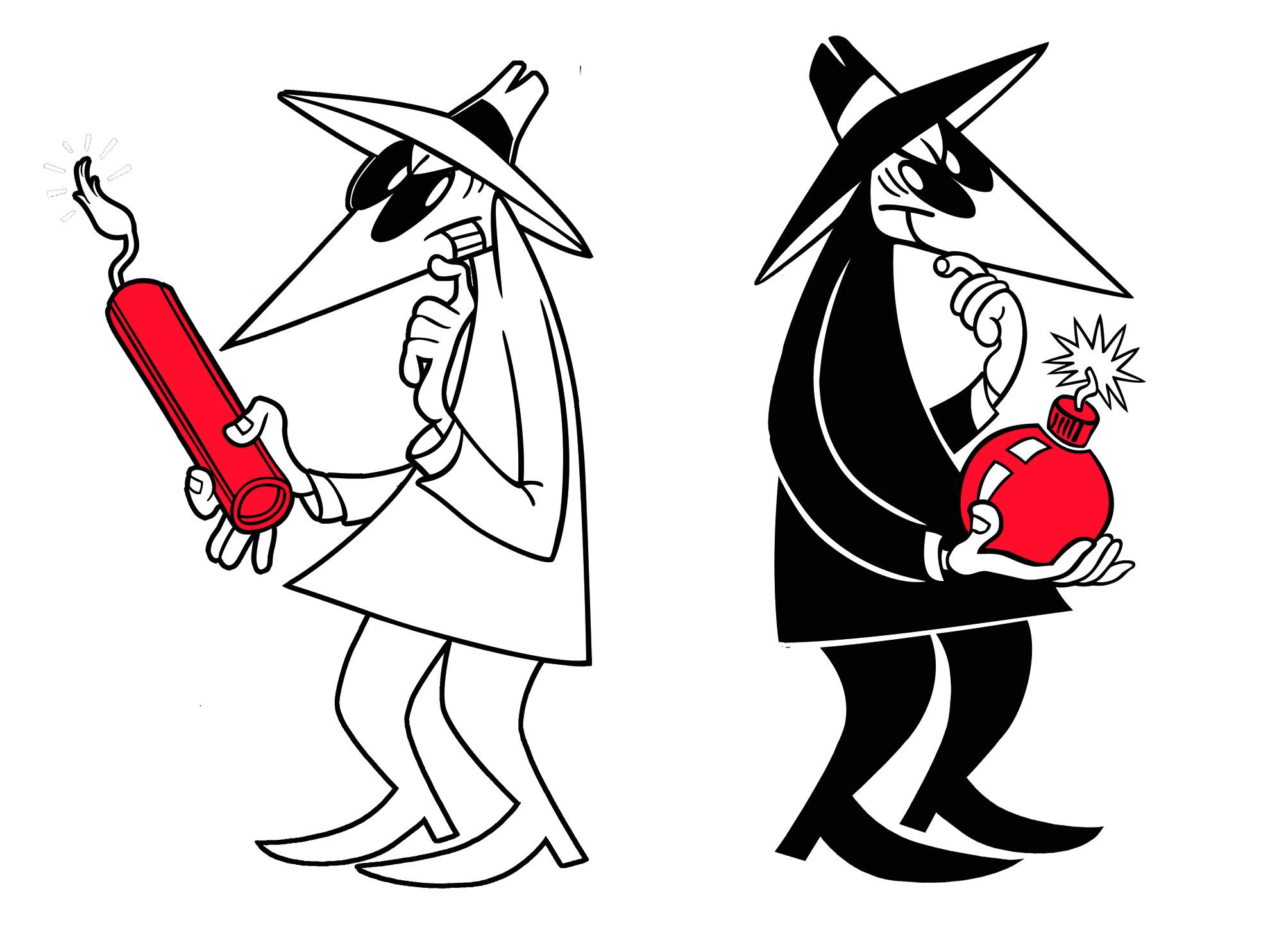Selling your product, whether it is your book, an idea, or yourself, is a tough thing to do. Not only do you need to have a solid product, but you need to create a marketing platform that communicates the value of that product.
If you’ve ever been to a car dealership, you know that confidence is what turns a not-too-sure potential consumer into a satisfied customer. It’s what convinces them that your book is a good book, and worth the price.
Confidence means so much more than just being able to rattle off a perfect elevator speech with a dazzling smile. It means that you can:
- Acknowledge the fact that not everyone is going to love your book. Focus on the best features of your project rather than trying to fit it into your conception of what you think someone else will like. The quickest way to sabotage your chances of earning a reader is by muddying your selling actual selling points with mental gymnastics to compare it to some bestseller.
- Understand your book’s strengths AND limitations. At a first glance, it might seem that you really should only focus on the product’s strengths, as these are what you’ll be highlighting. But paying attention to weaknesses will help you hone in on a better potential customer base, and refine your marketing platform as you go. A weakness to one audience might be a strength to another. If you take the time to really understand your book and its audience, the easier selling it will be.
- Fake it till you make it. Even if you’re uncomfortable putting you and your ideas out into the world (it can be scary even if it’s something you really want and need to do), pretending to be comfortable will stop feeling like make-believe after a while. By forcing yourself to put your product out there, you’re already braver than most. You already have confidence in your book. You just need to manufacture the outer layer until it becomes natural.
However, there is a fine line between effective confidence and overconfidence. It’s important that you love and believe in your product, but these are some things that will stop you from attracting readers:
- Making promises your book can’t cash. No matter how awesome you think it is, you can’t guarantee reading a book will teach someone how to make a million dollars no matter what. Nor can you claim that your book will sell as much as Harry Potter or be as influential as the Bible.
- Be cocky or pompous. Let me say this: your book is not you. One more time: your book is not you. Someone not wanting to read your book is in no way a reflection on your worth as a person, and no matter how much you try and strongarm someone into buying the book, not everyone will, and that’s okay. Too often authors will treat readers like they’re doing them a favor by reading their book, when really it’s the other way around, and readers hate this. That huge ego is usually masking personal insecurities, and your product sales will suffer for it.
- Talking about what the book is like, but not talking about what it’s about. Do you think your book would do great in Oprah’s book club? Is your style similar to a famous, legendary writer? These pieces of information, while important to you, don’t actually tell the consumer anything about the product itself. Don’t be so overconfident that you completely forget to highlight your work because it seems less important than the vision you have for it. The book is what the customer is buying, after all!
The key to being a savvy author and an influential public figure is having the confidence to objectively look at your product and market it accordingly. It’s that kind of awareness that is attractive to readers and will make them want to buy your book in droves.
Readers, what does confidence mean to you?

